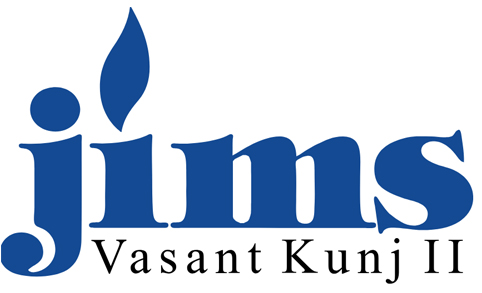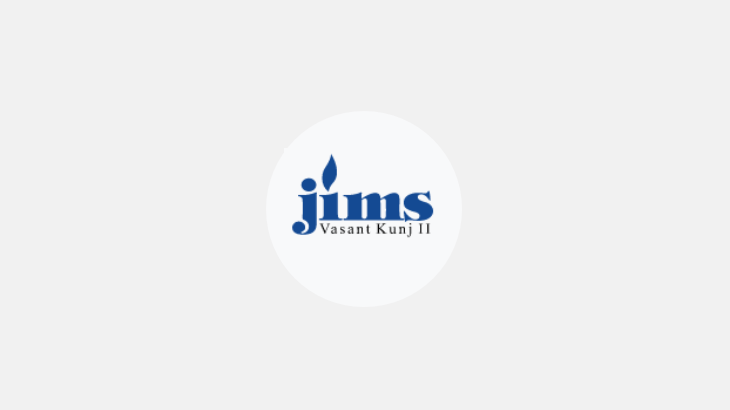Trade and business today can-not be imagined without technology. Regardless of the size of business, information technology drives modernization that plays an important role in business success; it makes business processes faster, more effective and easier; it has, consequently, a commanding effect on business operations.
The gap between the developed and developing nations of the world is narrowing due to the human contact revolution. Most activities today have gone digital. From office functions and school-to-college affairs –technology is all pervasive.
Connecting with one another for all purpose with applications such as WhatsApp, Twitter, Facebook, Telegraph, Email etc., people all over the world have accepted technology as a way of life.
This rapid pace of digitalization, however, is also causing mental and physical problems. Gone are the days when mobile phones, were only used for conversation. With the advent of smartphones, the use of mobile phones has increased many folds. Its use is not restricted just to receiving and sending phone calls and messages , it can now also be used for the purpose of text processing , watching programs , listening to music, playing games, sending and receiving emails, banking , investment, share trading, communicating on social networking sites and so on.
Given the multifarious applications being offered by mobile phones, people are spending more time than ever on mobile usage and so much this use of mobile smartphones and other digital gadgets is time consuming; research also reveals that it leads to depression commonly denoted by the term – Digital Exhaustion.
The cause of digital exhaustion is the use of digital gadgets. Digital exhaustion comes about if a gadget is used for more than essential purposes. It has been observed that most people use their digital devices every instant even while doing their essential and basic work such as eating, speaking with elders, friends, teachers, while walking and also sleeping with their devices. One of the easiest tools used for communication with one another as a result of a communication revolution is thus the digital system.
Communication has , all in all, become easy and comfortable through electronic devices such as mobile, laptop, computer, notepad. With the help of the internet, people are becoming more and more attached to WhatsApp, Facebook, Twitter, Email, YouTube. On an average, each person stays online for twenty minutes to an hour. Most of the time looking at a mobile or laptop can make a person feel depressed and distracted. This can lead to problems such as loneliness, blindness, stress in the workplace, perseverance, and vertigo. Teachers and students went under pressure because of online classes becoming overcrowded due to Covid-19. It is impossible to opt out of digital use, but we have to find a solution.
Solutions to get out of Digital exhaustion:
- Prepare a self-schedule: Some auto-restrictions have to be imposed to overcome the digital problem. People must be careful not to use mobile phones while walking or driving. Use less of social media sites and restrict more time. The mobile phone should not be used while in the office or at work. If you decide to use only half an hour in twenty-four hours, health will be better. Make daily schedules and make sure you don’t use too much digital technology. Speaking with family members at home, making a cup of tea, reading a book, engaging in a book or article are some of the ways of getting away from Digital media and staying away from digital burnout.
- Restrictions on webinar or online classes:
There should be restrictions on holding online classes and webinars. Yet, even if the classes are being held online, students should not to be allowed to message or make calls on social networking sites during the online classes. Constantly indulging in webinars and other activities leads to eyes getting adversely affected and mental retardation etc. Hourly breaks may be given and the webinar program operators should decide not to spend more than two hours a day on online platforms.
- Socializing with people: Loneliness leads to mental stress. Talking with family members or chatting around the time, wandering around the park, talking to friends and relatives is far more enjoyable than using digital tools. If the number of your friends is high, it is best to sit down and talk in the evening. Develop a habit of doing good for others every day and helping those in need. This will reduce digital usage.
- To opt out of non-essential information: The website today is like a treasure trove of information. When requesting information on the web, exercise caution and do not click on undesirable links. The website today is commercialized; opening a website that we don’t need can lead to harmful viruses entering your digital gadget.
- Don’t pay attention to false information: The world offers plenty of information. Some of it is fake and misleading. Unnecessary information in WhatsApp and Facebook should never be re-streamed on social networking sites. The Play Store App has automated downloadable apps but the download can be blocked in mobile settings. This will stop adding more apps to mobile screens.
- Pay attention to the protection and nurturing of animals, birds and plants. Instead of needless digital use, love animals. Watering, touching, and the soft smell of the plants will enhance health.
Digital gadgets should be used only in our daily activities such as bill payment, shopping and networking. Things are easier and simpler today than ever before. But, with the increasing use of digital devices, users are becoming more and more vulnerable to problems. Digital devices such as mobile or laptops need to have a daily digital usage schedule to avoid excessive use, unwanted messaging, and so on. Interest in cultural and sports activities, travel, physical activity such as exercise and yoga will help one to escape the digital burnout. The BBA department at JIMS, Vasant Kunj-II trains that students to develop analytical skills while
Dr. Prabal Chakraborty.
Associate Professor
Jagannath Institute of Management Sciences ,
Vasant Kunj-II, New Delhi

